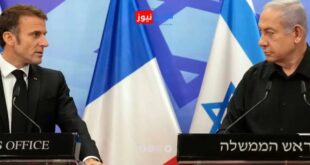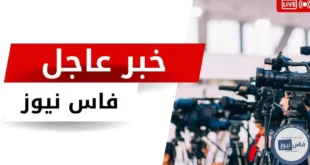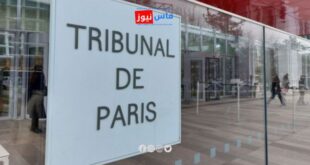Amid rising trade tensions between Beijing and Washington, Chinese Premier Li Qiang affirmed that his country has “sufficient tools” to deal with external economic shocks and mitigate their effects, expressing confidence in China’s ability to maintain a “sustainable and healthy” economic growth path.
Li made these remarks during a phone call with European Commission President Ursula von der Leyen, emphasizing that this year’s macroeconomic policy had been crafted to account for various uncertainties, with a reserve of policy measures ready for deployment.

This statement comes as former US President and potential future candidate Donald Trump threatens to impose additional tariffs of up to 50% on Chinese goods if Beijing does not withdraw its planned 34% tariffs on American products.
Li Qiang criticized what he called American “protectionism” and “economic intimidation”, asserting that China’s strong measures are not only meant to defend its sovereignty, security, and developmental interests, but also to protect international trade rules and global fairness.
“No country can isolate itself without considering others,” he stated, in a clear message to Washington.

Von der Leyen, for her part, urged all parties to avoid further escalation and called for a negotiated resolution to the growing crisis, stressing the need for a free, fair, and rules-based international trade system built on equal competition.
The European Commission also expressed concern about a potential influx of Chinese goods into the European market to bypass US tariffs, especially in sectors already suffering from global overcapacity, urging China to play an “essential role” in curbing such circumvention.

At the end of the call, Li Qiang emphasized the importance of “strengthening communication and coordination” between China and the EU to protect free trade and open investments, thereby providing “more stability and predictability” not only for both parties but for the global economy as a whole.
 فاس نيوز ميديا جريدة الكترونية جهوية تعنى بشؤون و أخبار جهة فاس مكناس – متجددة على مدار الساعة
فاس نيوز ميديا جريدة الكترونية جهوية تعنى بشؤون و أخبار جهة فاس مكناس – متجددة على مدار الساعة


 China Assures EU: We Have Tools to Offset Economic Turbulence Amid Tensions with Washington
China Assures EU: We Have Tools to Offset Economic Turbulence Amid Tensions with Washington








